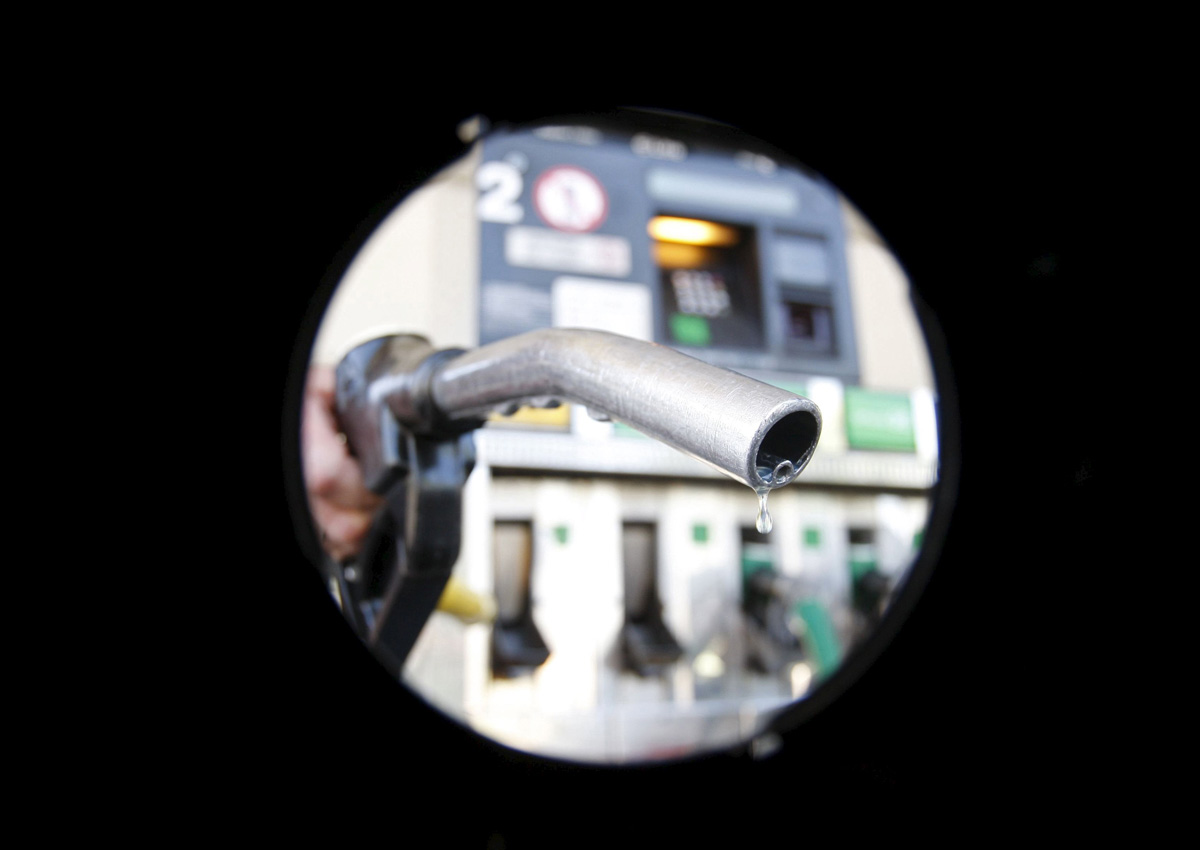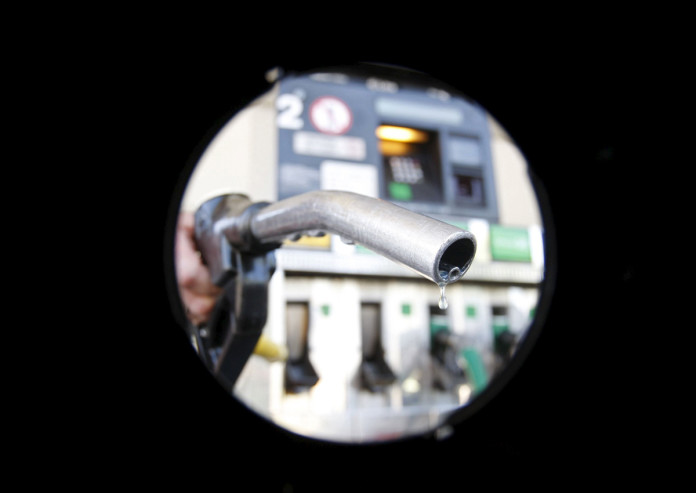Indonesia is considering scrapping subsidies on diesel fuel, an energy ministry official said late on Monday, as part of efforts to create much-needed government spending room, although the plan still requires approval from parliament.
Shortly after he took office in 2014, President Joko Widodo moved to reign in the country’s budget deficit by cutting government fuel spending by more than 90 per cent, in one of the biggest energy subsidy reforms in decades.
The reforms shifted the burden of gasoline subsidies to state energy company Pertamina, and changed diesel subsidies to a fixed rate of 1,000 rupiah (S$0.10) per litre.
But, the government is seeking further cuts to 2016 spending after the budget deficit widened to 2.53 per cent of GDP in 2015, in part due to declining oil and commodity revenues, and after parliament delayed approval of a key tax bill. “If we can reduce subsidies, there will be budget space for other sectors that are more appropriate such as for the energy security fund or infrastructure,” Energy Ministry spokesman Sujatmiko told reporters at the Ministry, referring to the plan to cut diesel subsidies.
Sujatmiko noted that the plan still needed parliamentary approval.
Energy security funds are needed to achieve Indonesia’s renewable energy targets and to build oil storage in eastern Indonesia, according to Energy Minister Sudirman Said, who was with Sujatmiko.
The ministry will propose energy security funds of up to 3 trillion rupiah to be written into the 2017 state budget, he said, declining to comment on the issue of diesel subsidies.
Indonesia’s diesel fuel demand declined by “double digits”in 2015 as the market adjusted to reduced subsidies that had crimped opportunities for fuel smuggling.
Indonesia, the world’s top palm oil producer, plans to raise the amount of palm oil-based biodiesel to 20 per cent of the content of domestic diesel in an effort to reduce fuel imports and create more demand for the edible oil.
However, falling crude prices are expected to limit the shift of diesel consumers to biodiesel, as the alternative is more costly to produce and requires large subsidies too.






